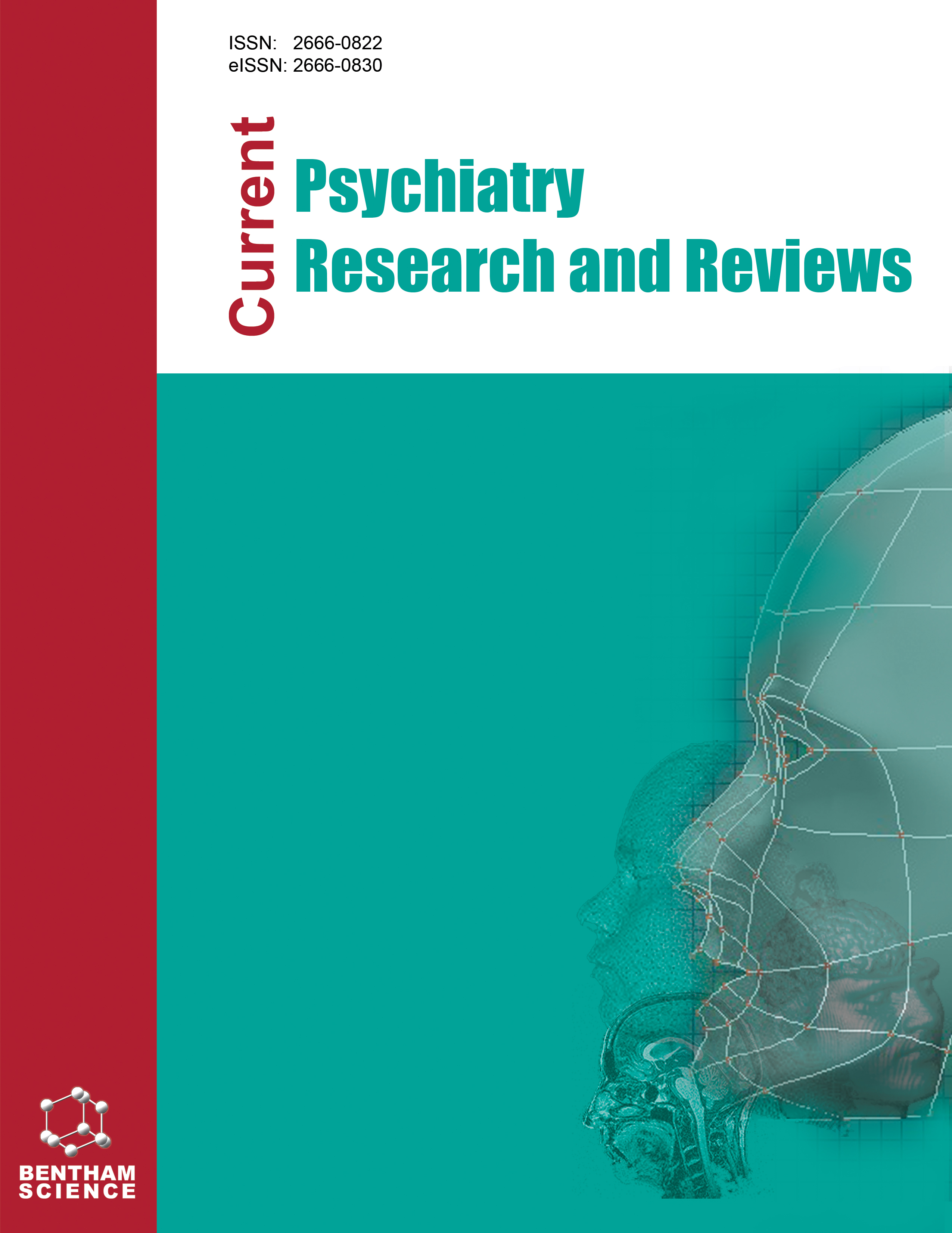-
s Alzheimer’s Disease-related Biomarkers in Aging Adults with Down Syndrome: Systematic Review
- Source: Current Psychiatry Research and Reviews, Volume 15, Issue 1, Mar 2019, p. 49 - 57
-
- 01 Mar 2019
Abstract
Background: Down syndrome (DS) is associated with a high prevalence of cognitive impairment and dementia in middle age and older adults. Given the presence of common neuropathological findings and similar pathogenic mechanisms, dementia in DS is regarded as a form of genetically determined, early-onset AD. The clinical characterization of cognitive decline in persons with DS is a difficult task, due to the presence intellectual disability and pre-existing cognitive impairment. Subtle changes that occur at early stages of the dementing process may not be perceived clinically, given that most cognitive screening tests are not sensitive enough to detect them. Therefore, biological markers will provide support to the diagnosis of DS-related cognitive impairment and dementia, particularly at early stages of this process. Objective: To perform a systematic review of the literature on AD-related biomarkers in DS. Method: We searched PubMed, Web of Science and Cochrane Library for scientific papers published between 2008 and 2018 using as primary mesh terms ‘Down’, ‘Alzheimer’, ‘biomarker’. Results: 79 studies were retrieved, and 39 were considered eligible for inclusion in the systematic review: 14 post-mortem studies, 10 neuroimaging, 4 addressing cerebrospinal fluid biomarkers, and 11 on peripheral markers. Conclusion: There is consistent growth in the number of publication in this field over the past years. Studies in DS-related dementia tend to incorporate many of the diagnostic technologies that have been more extensively studied and validated in AD. In many instances, the study of CNS and peripheral biomarkers reinforces the presence of AD pathology in DS.


